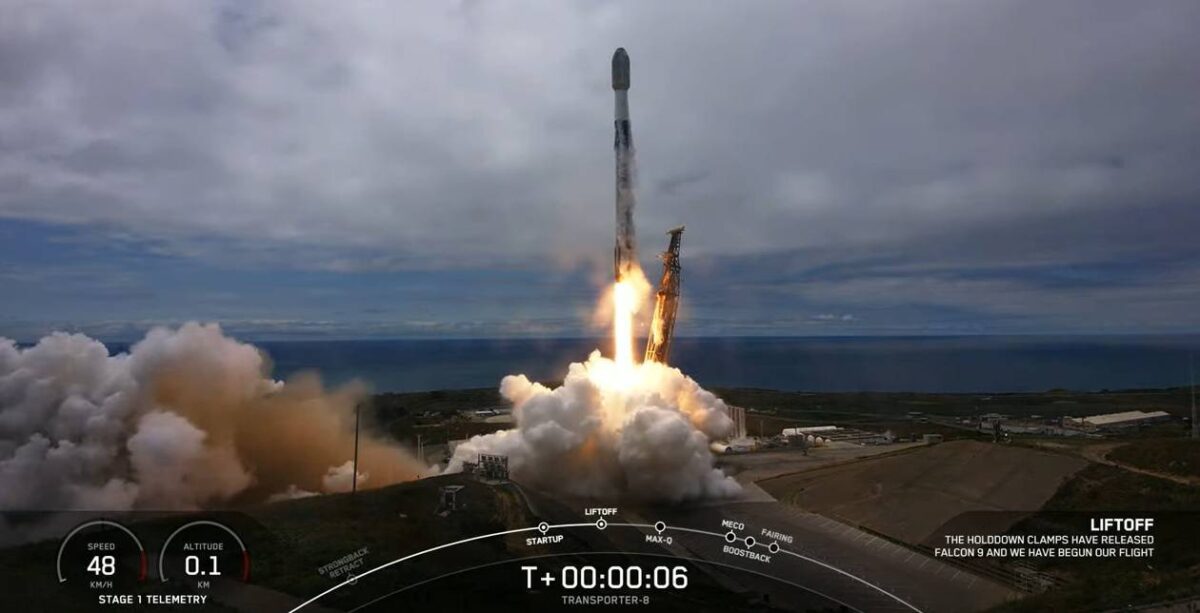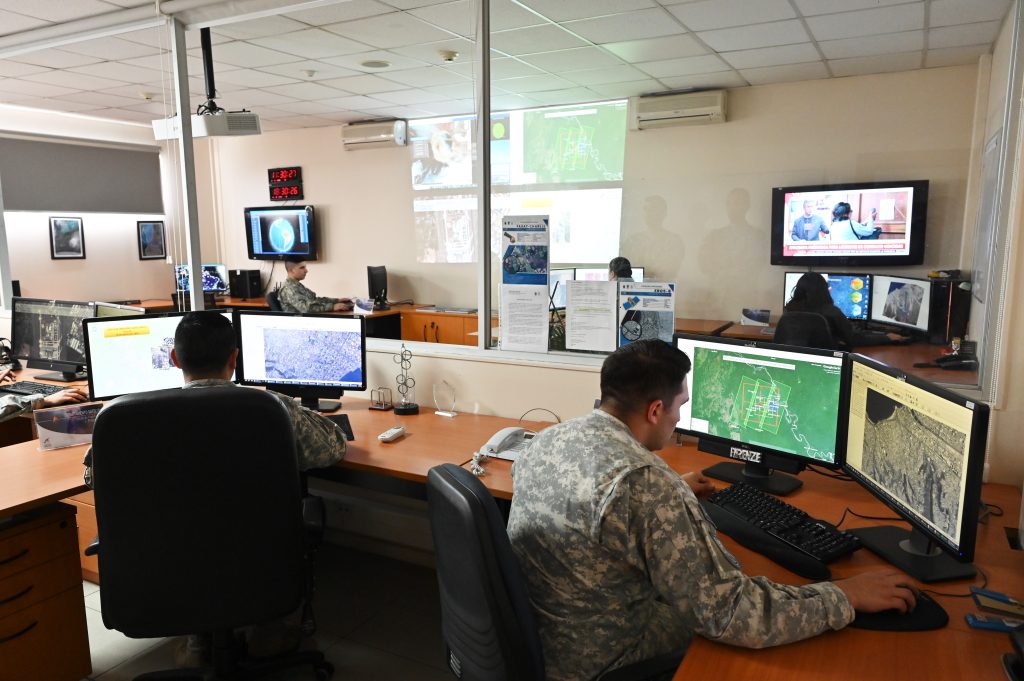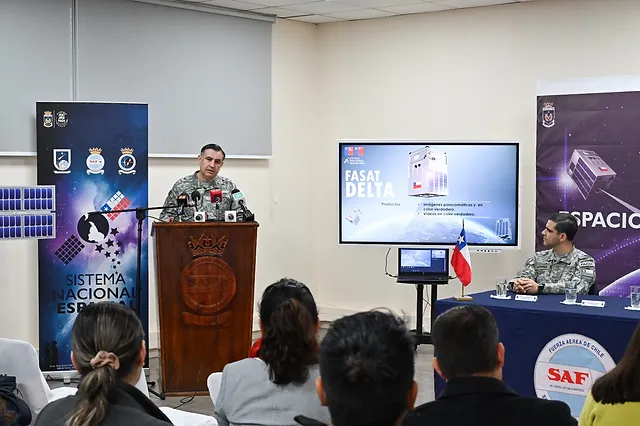Chile’s Quantum Leap: The Successful Launch of FASat-Delta Satellite

Chile’s aerospace history marked a new epoch-making milestone with the successful launch of the FASat-Delta satellite. The launch, carried out from the Vanderberg Base in California, ushers in a new era in the national space field, enabling the country to develop its own capabilities for the manufacture of microsatellites, storage, processing, and distribution of geospatial information. This capability will be useful to both the academic field and public institutions that require it1.

The FASat-Delta, a high-resolution satellite co-owned by Fach and ISI, was launched into orbit on Monday afternoon aboard SpaceX’s Falcon 9 rocket from the United States Space Force base. After a successful launch, the satellite uncoupled from the capsule that carried it. The FASat-Delta, a satellite platform developed by the Israeli company ImageSat International (ISI) and the American company Tyvak, will be placed in a low orbit (LEO: Low Earth Orbit) of 550 km. The satellite is classified in the range of small satellites (SmallSat), weighing in at 90 kg1.
The FASat-Delta is designed for shared use with the company ISI. It will significantly complement Chile’s sovereign capacity to access information from space. During each day of operation, Chile will have the capability to acquire images from across the globe. This vital feature is part of the SNSat project, under which FASat-Delta is part of a constellation that includes the progressive addition of 13 new satellites. These systems will increase and diversify the information that Chile can gather from space. The data collected may have applications across various fields, including both the civil sphere and National Defense1.

The potential applications and benefits of the FASat Delta are vast, including:
- Agriculture studies
- Strategies for climate change
- Disaster monitoring
- Information for observing the planet
- Satellite communications
- Obtain images in better quality and greater quantity
- Water resources monitoring
- Expedite the search and rescue of missing people
- Space services1.
The successful launch of FASat-Delta represents the first significant milestone of the new National Satellite System (SNSat), a key part of the National Space Program in which different institutions and academia participate. This achievement marks an important step for Chile as it continues to explore the vast potential of space technology and its implications for the country’s future1.
Read more articles
